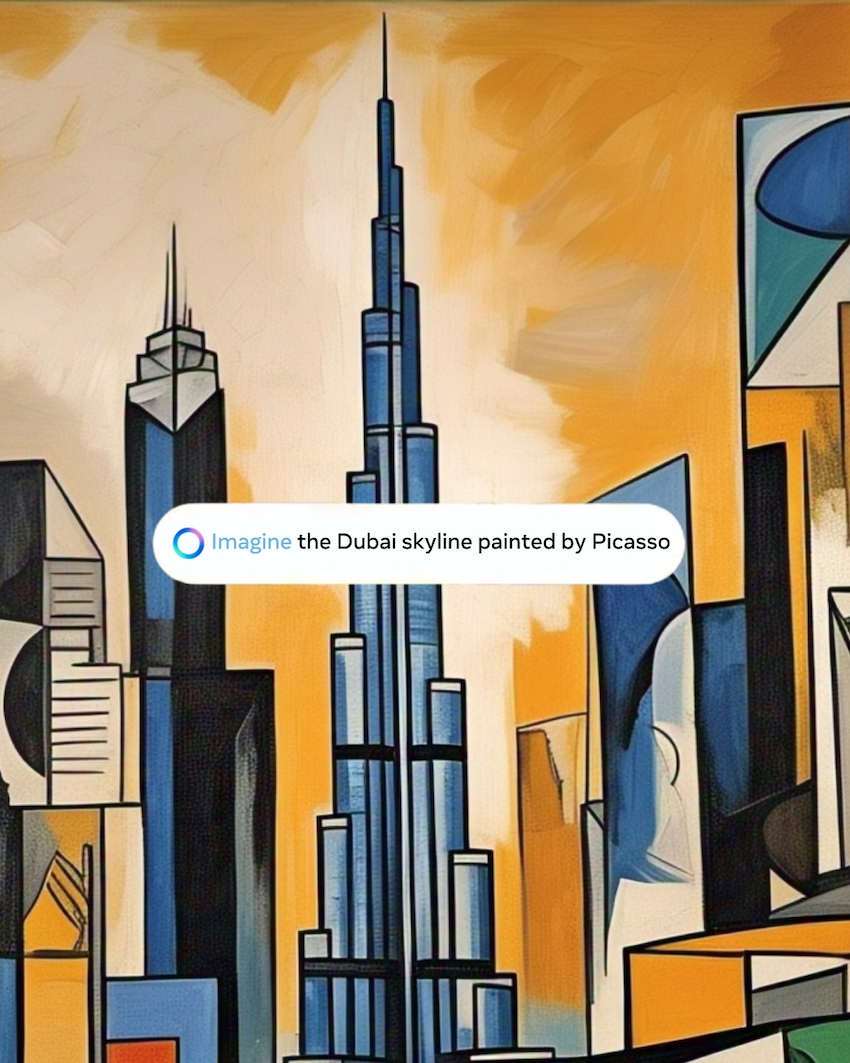DUBAI: Israeli forces have been accused of intentionally, and without provocation, attacking a Doctors Without Borders aid shelter housing 64 people in Al-Mawasi, Gaza, on Feb. 20 killing two relatives of a staff member and injuring seven others.
The attack came despite Israeli forces being informed of the precise location of the shelter, Doctors Without Borders, or the MSF, reportedly said. The Israeli army has claimed that there was “terror activity” at the site, which the MSF has rejected.
Sky News revealed the findings of its investigation into the incident on Wednesday, prompting the Israeli Defense Forces to initiate its own “examination” into the incident.
The news organization said it visited the site, and used on-the-ground footage, open-source techniques and interviews with witnesses and weapons experts to understand how the incident unfolded.
Witnesses told Sky News they heard loud noises that seemed to come from a tank track, while some also heard gunshots.
The evidence suggests the attack was initiated by a tank shell that entered through a window. “It’s difficult to draw definitive conclusions merely from imagery however I believe the damage is the result of a tank round being fired directly into the building,” said former British army artillery officer and director of Chiron Resources, Chris Cobb-Smith.
He dispelled any notions about it being an attack by Hamas, saying he was “unaware of any direct fire weapons of this caliber being operated by Hamas” and is “doubtful that anything of this size would have been able to be deployed and fired with the amount of IDF activity in the area.”
Witnesses and MSF members said they also heard gunfire before the building was hit.
Meinie Nicolai, general director of the aid organization, who visited the site soon after the attack, said bullets were fired at the front of the shelter.
The investigation further revealed that on the day of the attack, the Israeli army said on its Telegram channel that its forces were operating in northern, central and southern Gaza Strip and continuing “intensive operations in western Khan Younis,” but it did not mention the immediate area around the shelter.
Moreover, the IDF’s Arabic-language spokesperson Avichay Adraee published an evacuation map on the same day of two neighborhoods further north in and around Gaza City, which did not cover the area where the shelter is located.
Emergency services arrived at the scene at least two-and-a-half hours after the attack due to security concerns, according to the investigation.
The injured were taken to the International Medical Corps Field hospital in Rafah, said the MSF.
“We are outraged and deeply saddened by these killings,” said Nicolai in February.
“These killings underscore the grim reality that nowhere in Gaza is safe, that promises of safe areas are empty and deconfliction mechanisms unreliable,” she added.
The IDF, which has launched its own investigation, said that it “fired at a building that was identified as a building where terror activity is occurring,” but did not provide any evidence.
The MSF said in a statement on Wednesday it “refutes any allegations of terror activity occurring in MSF-run structures.
“The shelter was used by humanitarian personnel and their family members, identified by an MSF flag, and notified to the Israeli authorities.”
In a statement, the IDF added: “After the incident, reports were received of the death of two uninvolved civilians in the area. The IDF regrets any harm to civilians and does everything in its power to operate in a precise and accurate manner.”
Under international humanitarian law, medical facilities and units must be respected and protected in all circumstances.
Oona Hathaway, an international law professor at Yale Law School, told Sky News that medical facilities are “presumed to be civilian objects and not subject to targeting during armed conflict.”
She added that if the IDF intentionally targets a civilian object, it counts as “potentially a war crime.”
Last week, the IDF launched an operation in and around Al-Shifa, saying senior Hamas operatives were based at the sprawling compound. Days of heavy fighting have followed, with the military reporting about 170 Palestinian militants killed and hundreds more arrested or questioned.































